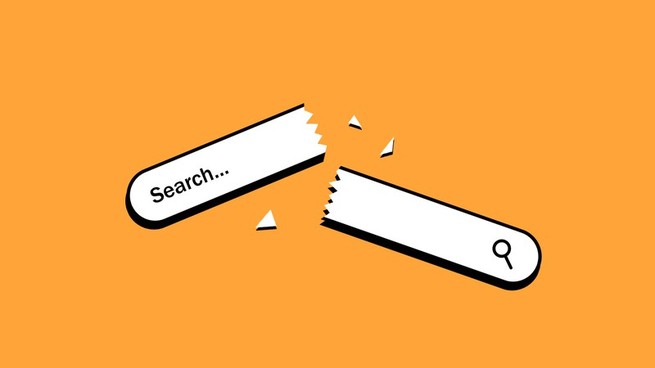AI Is Killing the Internet’s Curiosity
3 min read
This is an edition of The Atlantic Daily, a newsletter that guides you through the biggest stories of the day, helps you discover new ideas, and recommends the best in culture. Sign up for it here.
One of the most wonderful, and frustrating, things about Google Search is its inefficiency. The tool, at its most fundamental level, doesn’t provide knowledge. Instead, it points you to where it may, or may not, lie. That list of blue links can lead you down rabbit holes about your favorite sports team and toward deep understandings of debates you never knew existed. This tendency can also make it impossible to get a simple, straightforward fact.
But the experience of seeking information online is rapidly changing. Tech giants have for almost two years been promising AI-powered search tools that do provide knowledge and answers. And last week, OpenAI, Perplexity, and Google made announcements about their AI-powered search products that provide the clearest glimpse yet into what that future will look like. I’ve spent the past week using these tools for research and everyday queries, and reported on my findings in an article published today. “These tools’ current iterations surprised and, at times, impressed me,” I wrote, “yet even when they work perfectly, I’m not convinced that AI search is a wise endeavor.”
The promise of AI-powered search is quite different from Google’s—not to organize information so you can find it yourself, but to readily provide that information in a digestible, concise format. That made my searches faster and more convenient at times. But something deeply human was lost as a result. The rabbit holes and the unexpected obsessions are what’s beautiful about searching the internet; but AI, like the tech companies developing it, is obsessed with efficiency and optimization. What I loved about traditional Google searches, I wrote, is “falling into clutter and treasure, all the time, without ever intending to. AI search may close off these avenues to not only discovery but its impetus, curiosity.”

The Death of Search
By Matteo Wong
For nearly two years, the world’s biggest tech companies have said that AI will transform the web, your life, and the world. But first, they are remaking the humble search engine.
Chatbots and search, in theory, are a perfect match. A standard Google search interprets a query and pulls up relevant results; tech companies have spent tens or hundreds of millions of dollars engineering chatbots that interpret human inputs, synthesize information, and provide fluent, useful responses. No more keyword refining or scouring Wikipedia—ChatGPT will do it all. Search is an appealing target, too: Shaping how people navigate the internet is tantamount to shaping the internet itself.
Read the full article.
What to Read Next
- The AI search war has begun: “Nearly two years after the arrival of ChatGPT, and with users growing aware that many generative-AI products have effectively been built on stolen information, tech companies are trying to play nice with the media outlets that supply the content these machines need,” I reported this past summer.
- Google is playing a dangerous game with AI search: “When more serious health questions get the AI treatment, Google is playing a risky game,” my colleague Caroline Mimbs Nyce wrote in May.



